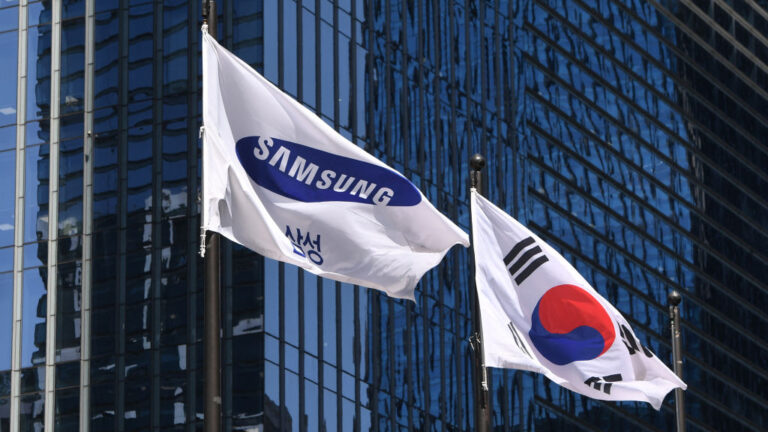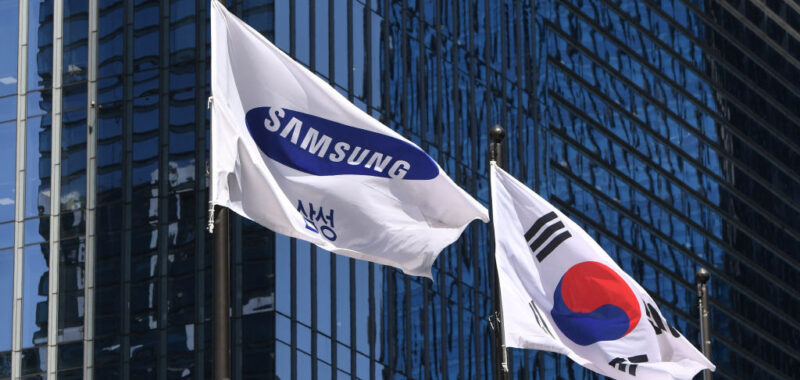
Macquarie analysts also warned of a potential supply glut in Dram amid slowing mobile and PC demand, predicting that Samsung might lose its market leadership.
Samsung shares fell last week to their lowest level in the past 18 months as the company has struggled to catch up with SK Hynix and Micron in supplying the most advanced HBM chips, a crucial component of AI systems.
SK Hynix, the main supplier of HBM chips to Nvidia, said last month that it began mass production of 12-layer HBM3E chips, its most advanced version, widening its technology gap with Samsung in the fast-growing, high-margin segment. Samsung’s HBM3E chips are reportedly yet to pass industry leader Nvidia’s qualification tests.
“A delayed foray into Nvidia with HBM3E is costing a big market opportunity,” said Daniel Kim and Jayden Son, analysts at Macquarie, in a recent report. “Ramping up production yield is another challenge, even after product qualification.”
Samsung is also struggling to narrow the gap with Taiwan Semiconductor Manufacturing Co in contract chipmaking, where it is expected to suffer billions of dollars in losses this year. The Macquarie analysts warned of a possibility that Samsung’s $17 billion foundry in the city of Taylor, Texas, could be a “big stranded asset” due to a lack of major clients.
Samsung has said the Taylor fab would begin production in 2026 for leading-edge chips at 4 nm and below to meet growing customer demand for advanced nodes amid the AI boom.
Stiffer competition in the high-end smartphone market is another concern. Huawei launched a $2,800 tri-fold phone last month to take on Samsung, while Apple unveiled the new iPhone 16 last month, promising a steady rollout of new generative AI features.
The weak guidance comes as Samsung is cutting some of its 147,000 overseas staff and wrestling with growing worker discontent at home. The company said its overseas subsidiaries were “conducting routine workforce adjustments to improve operational efficiency.”
“Our primary focus will be on enhancing our fundamental technological competitiveness,” Jun wrote as he acknowledged the “testing times” facing the company. “We will review our organizational culture and processes, and take immediate action to rectify any aspects that require improvement.”
© 2024 The Financial Times Ltd. All rights reserved. Not to be redistributed, copied, or modified in any way.

